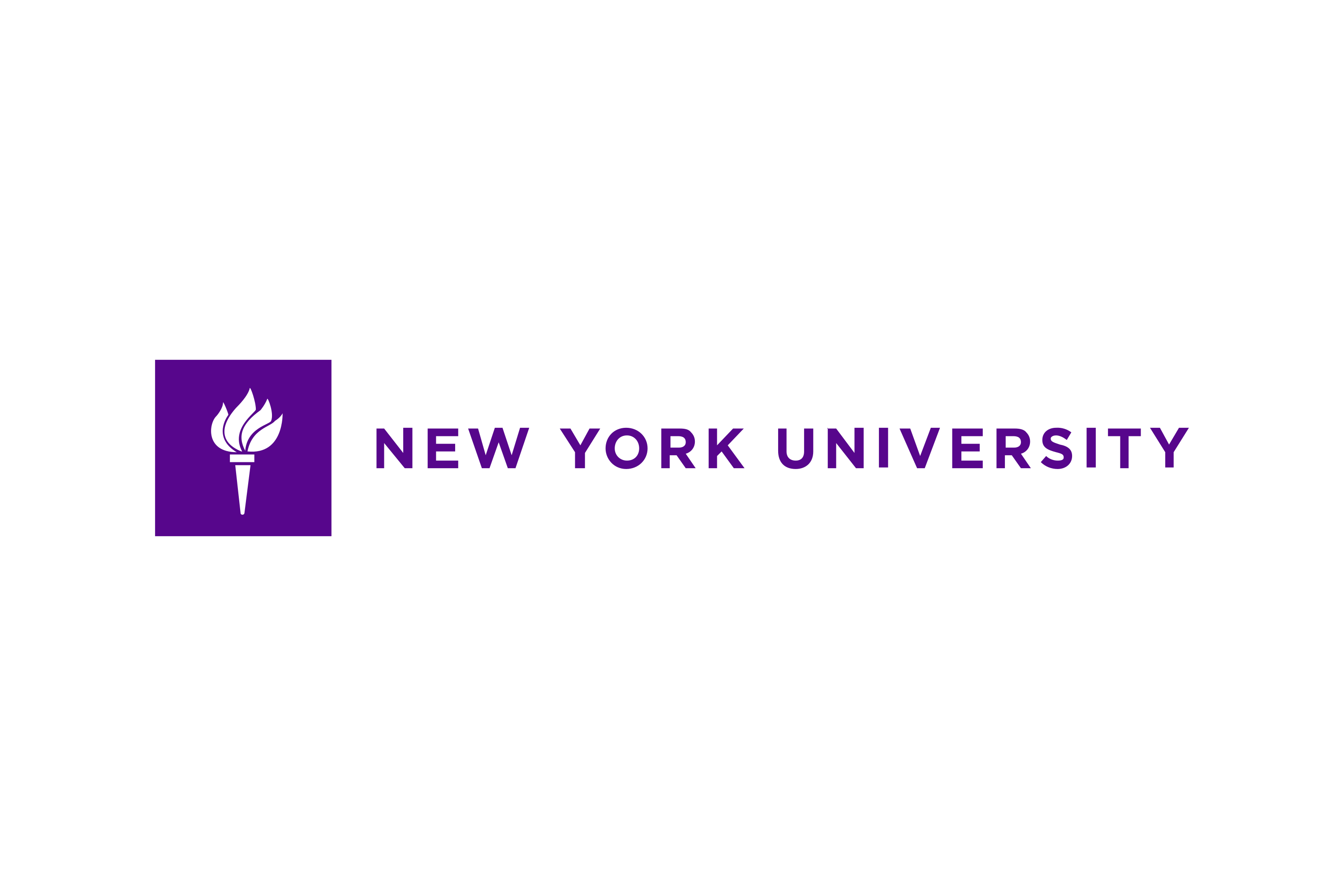New York University: Communication Technology and the Study of Collective Behavior Must Become a “Crisis Discipline,” Researchers Argue
Our ability to confront global crises, from pandemics to climate change, depends on how we interact and share information, concludes a global team of researchers, who call for a “crisis discipline” —similar to what has been established in medicine, conservation, and climate science—to address these challenges.
In the work, which appears in the Proceedings of the National Academy of Sciences, the authors argue that such a discipline would provide actionable insight to policymakers and regulators.
“The digital age and the rise of social media have accelerated changes to our social systems, with poorly understood functional consequences,” says Jay Van Bavel, a professor in New York University’s Department of Psychology and one of the paper’s co-authors. “This gap in our knowledge represents a principal challenge to scientific progress, democracy, and actions to address global crises.”
“We have built and adopted technology that alters behavior at global scales without a theory of what will happen or a coherent strategy for reducing harm,” adds Joseph B. Bak-Coleman, the lead author and a post-doctoral researcher at the University of Washington’s Center for an Informed Public.
The researchers conclude that averting catastrophe in the medium-term—such as the coronavirus pandemic—and the long-term—such as climate change and food insecurity—will require rapid and effective collective behavioral responses. However, it remains unknown whether human social dynamics will yield such responses.
“We have seen individual studies about how climate-change disinformation gets over-represented even in the mainstream media, and studies that show that in digital media that problem only gets worse,” notes co-author Jennifer Jacquet, a professor in NYU’s Department of Environmental Studies.
Social media and other technological developments have radically reshaped the way that information flows on a global scale. These platforms are driven to maximize engagement and profitability, not to ensure sustainability or accurate information—yet no one, not even the platform creators themselves, have much understanding of how their design decisions affect human collective behavior, the authors argue.
“We urgently need to understand this and move forward with focus on developing social systems that promote well-being instead of creating shareholder value by commandeering our collective attention,” said co-author Carl T. Bergstrom, a University of Washington professor of biology and faculty at the Center for an Informed Public.
While there are studies and disciplines that focus on complex systems in the natural world, the authors write that we have “a far poorer understanding of the functional consequences of recent large-scale changes to human collective behavior and decision making.”
Lacking a developed framework, tech companies have been unable to stem the “infodemic” of misinformation during the ongoing coronavirus pandemic, impeding public acceptance of pandemic control measures such as wearing masks and widespread testing for the virus.

